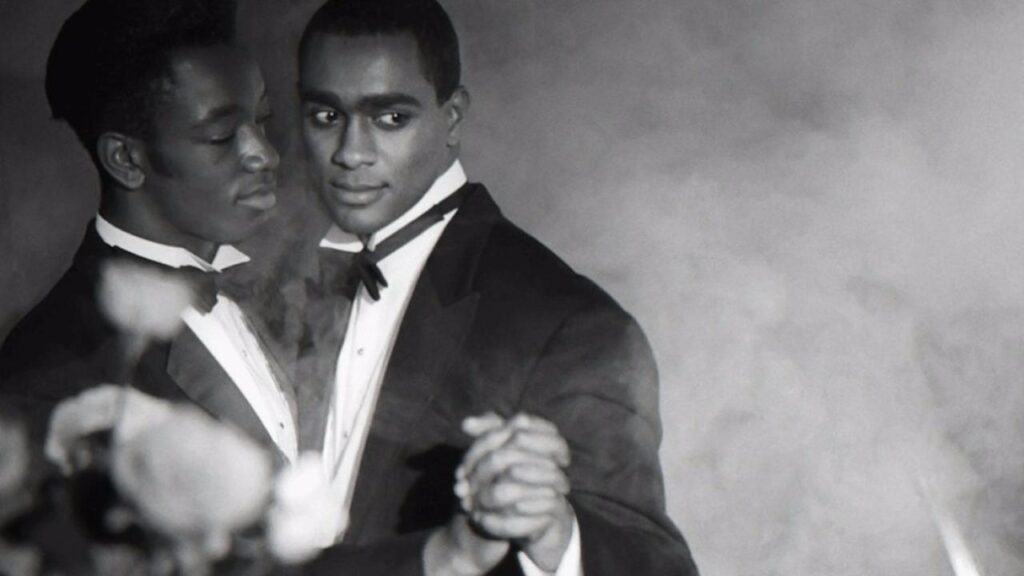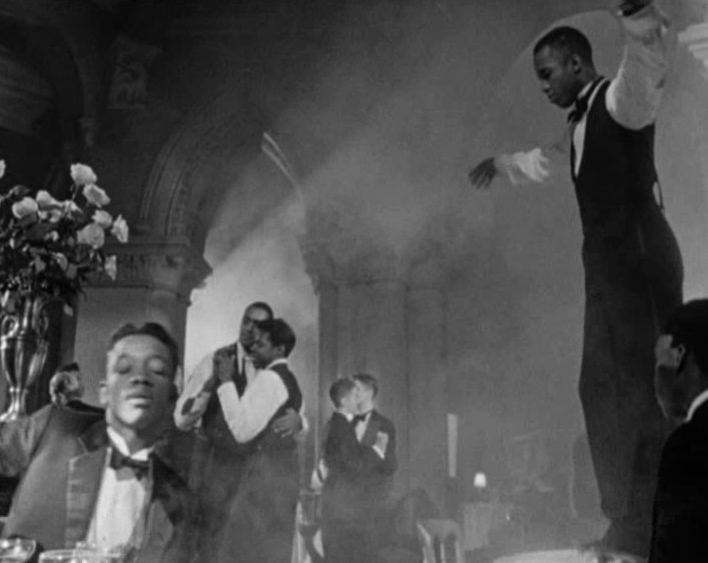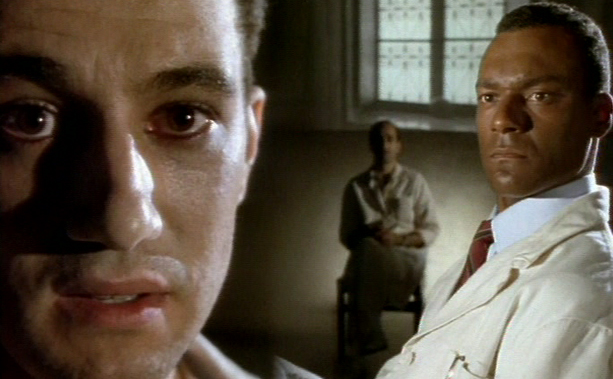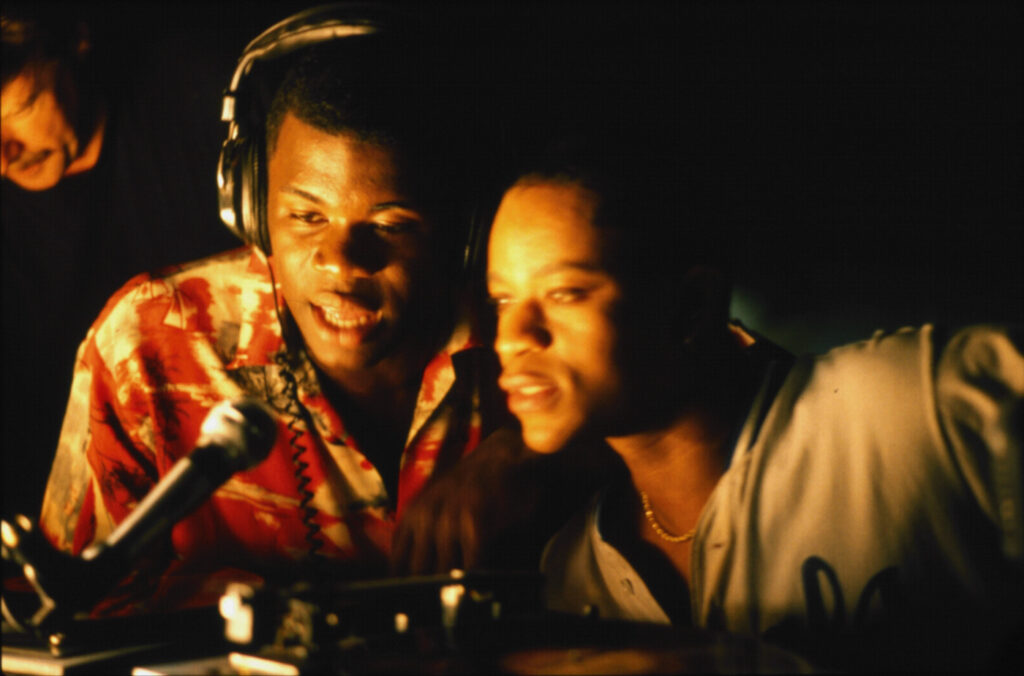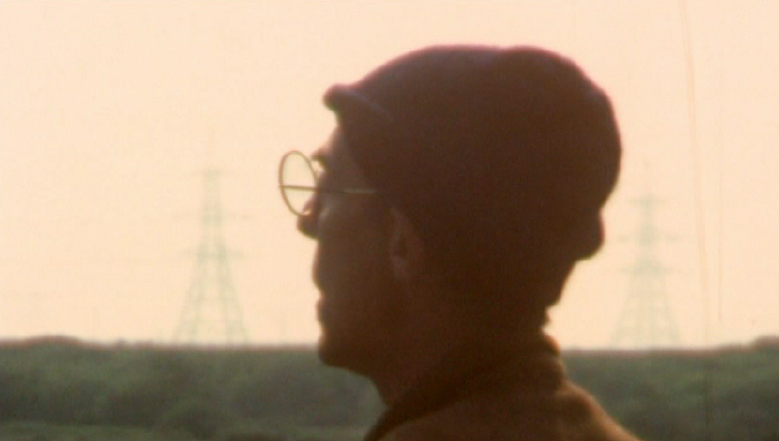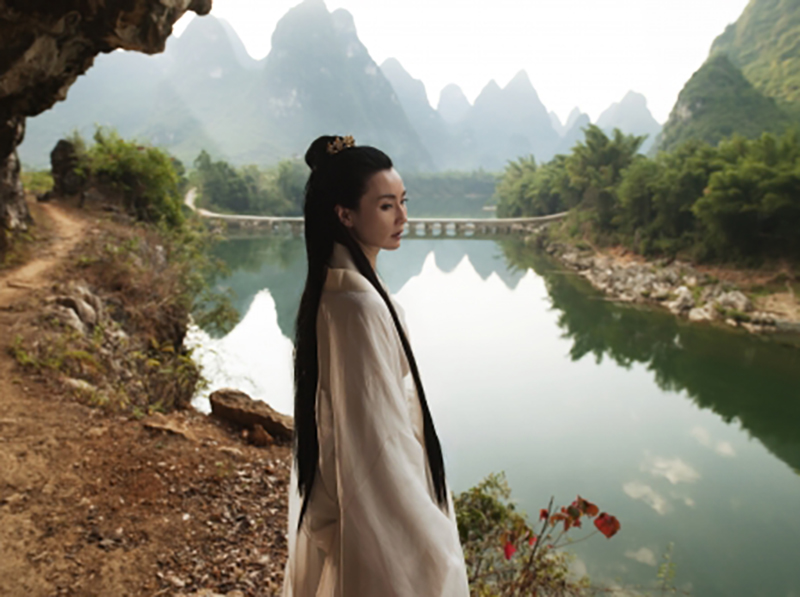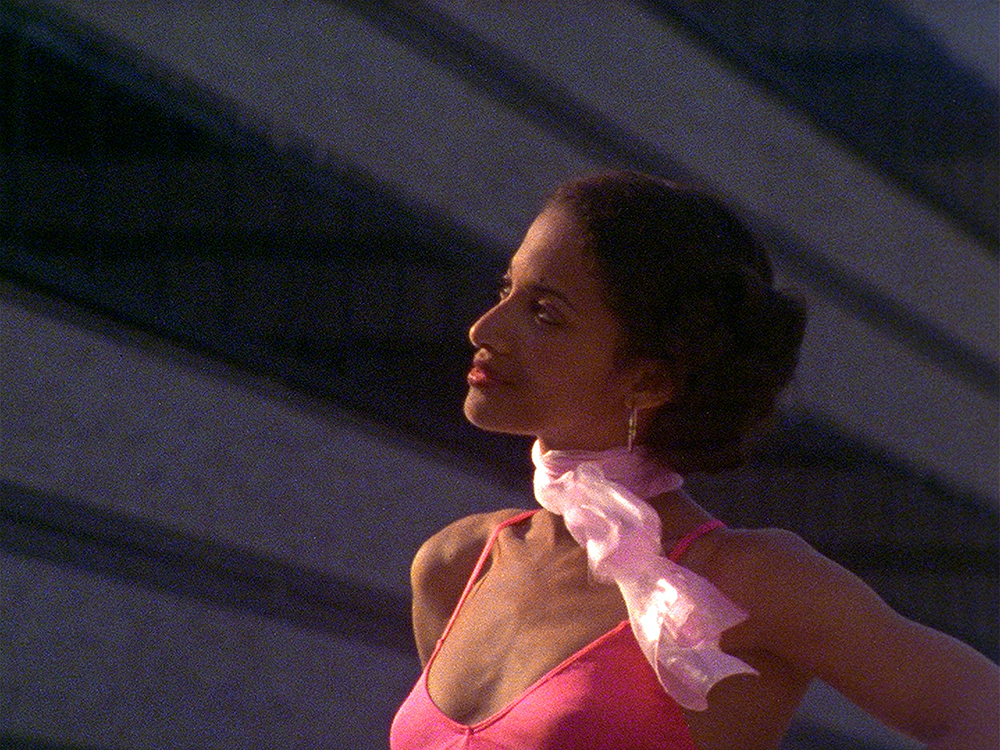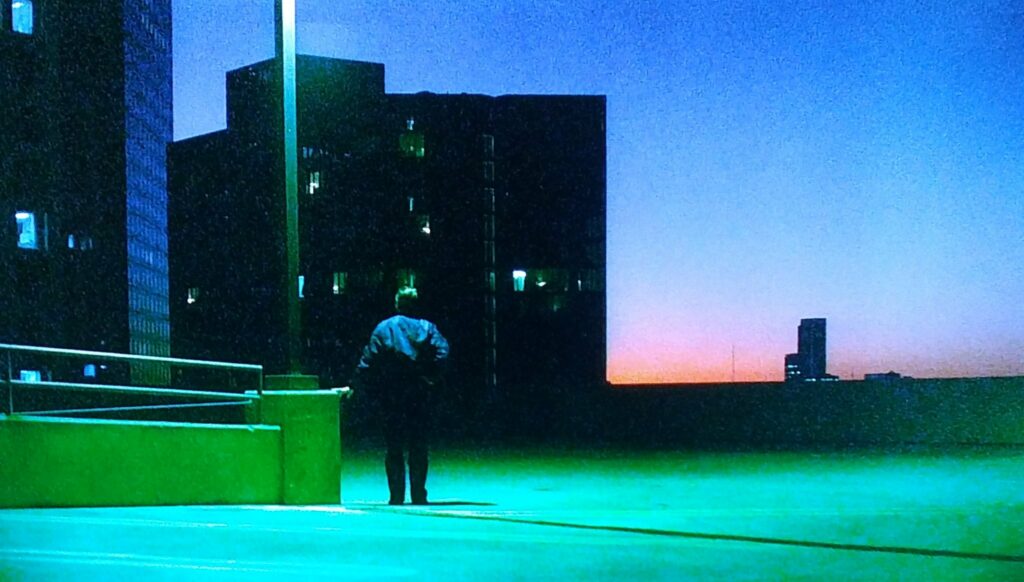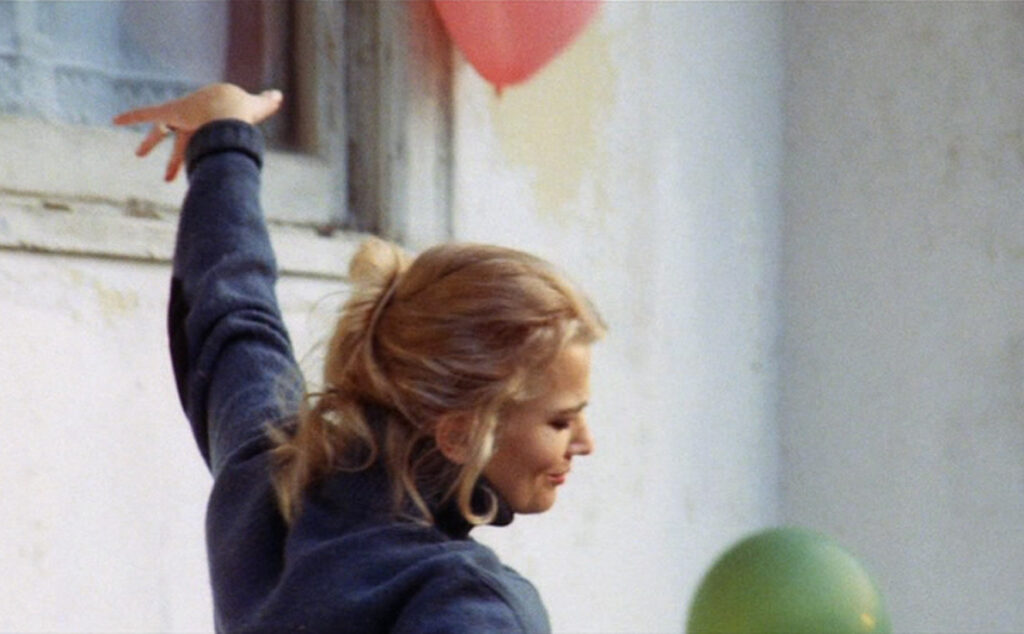13 – 29 August 2021, Cinematek Brussels. In collaboration with Courtisane and Wiels. Curated by Stoffel Debuysere.
(On the occasion of the exhibition of Isaac Julien’s new multi-screen installation, Lina Bo Bardi—A Marvelous Entanglement, as part of the group show Risquons-Tout at WIELS, Courtisane and CINEMATEK planned to present a selection of Julien’s single-screen films in December 2020. Cancelled because of the Corona crisis, this program was rescheduled.)
Over the past decades, Isaac Julien has grown from being a key figure in the British workshop movement of the 1980s to being one of the most influential audio-visual artists of the early 21st century. Julien was born and raised in the East End of London as the eldest of five children of migrant parents from St. Lucia. At a young age, he became involved with local artist communities, which sparked his interest not only in performance and visual arts but also in political activism and the cultural experience of disco and punk. His studies at Saint Martin’s School of Art (now known as Central Saint Martins) were characterised by a burgeoning passion for cinema and the confrontation with growing social and racial unrest, which led him to co-found the Sankofa Film and Video Collective in 1983—one of the workshop movement’s initiatives that challenged the dominant image of minorities in Great Britain in the 1980s.
The impact of the resistance movements of the 1980s and his personal experience of navigating multiple identities is reflected in Julien’s first films, which attempted to express the complexity of the black British experience and the all too often misunderstood intersections of race, class, gender and sexuality. Looking for Langston (1989), the film that earned him international recognition, offers a meditation on the black gay experience through a lyrical and intimate homage to Harlem Renaissance poet and writer Langston Hughes. Young Soul Rebels (1991), which won the Critics’ Prize at Cannes, looks back to 1977 London as a reflection on music culture as the pre-eminent intersection of sexuality, politics and desire. Time and again, Julien explores and combines varied aesthetic approaches, borrowed from performance, photography, music and essayism, to radically challenge and reinvigorate representations of black subjectivity.
Experimentation with form and historical research are also key to Julien’s other cinematic homages. Frantz Fanon: Black Skin, White Mask (1996), made in collaboration with Mark Nash, is a portrait of the revolutionary thinker whose books Black Skin, White Mask (1952) and The Wretched of the Earth (1961) are still considered excellent signposts for the process of decolonization to this day. Developed in close collaboration with Tilda Swinton, Derek (2008) recounts the twists and turns in the life of artist and filmmaker Derek Jarman, from the explosion of punk to the solidification under Thatcher, from the eruption of homosexual emancipation to the horrors of AIDS. For each of his homages, Julien looks for an appropriate form to answer the question of how singular aesthetic, discursive or political sensitivities can be translated to the screen. But above all, each of his films offers a tantalizing response to a challenge that concerns us all: how to make ideas and ideals, intensities and sensations from a certain past resonate in the folds of the present.
Looking for Langston
Isaac Julien, UK, 1989, 16mm, 45′
A lyrical exploration—and recreation—of the private world of poet and writer Langston Hughes (1902 –1967) and his contemporaries of the Harlem Renaissance movement, inspired by the work of photographers such as James Van Der Zee and George Platt Lynes.
Frantz Fanon: Black Skin White Mask
Isaac Julien & Mark Nash, UK, 1996, DCP, colour, 69′
Named after his book Black Skin, White Mask, this portrait of the influential thinker and psychiatrist Frantz Fanon (1925–1961) is a study of the psychological effects of colonialism. Fact and fiction converge in a complex network of stylistic and narrative approaches, with historical re-enactments and interviews with Homi K. Bhabha and Stuart Hall.
(2K restored version by the British Film Institute)
Young Soul Rebels
Isaac Julien, UK, 1991, colour, 105′
A rebellious portrait of a generation of British youth wrung between multiple identities and confronted with homophobia and racism, disguised as a coming-of-age drama about a forbidden love affair between a soul boy and a punk in 1977 London.
Derek
Isaac Julien, UK, 2008, 35mm, 76′
Developed in close collaboration with Tilda Swinton, Derek tells the life story of filmmaker and artist Derek Jarman (1942–1994) using archival footage and excerpts from an extensive interview he gave during his last battle against AIDS.
Better Life
Isaac Julien, UK, 2010, HD, colour, 55′
A single-channel version of the multi-screen installation Ten Thousand Waves, in which Julien transforms the 2004 tragedy of Morecambe Bay—where 23 Chinese migrant workers drowned whilst in search of a “better life”—into a poetic meditation on global migration across continents and throughout the ages.
